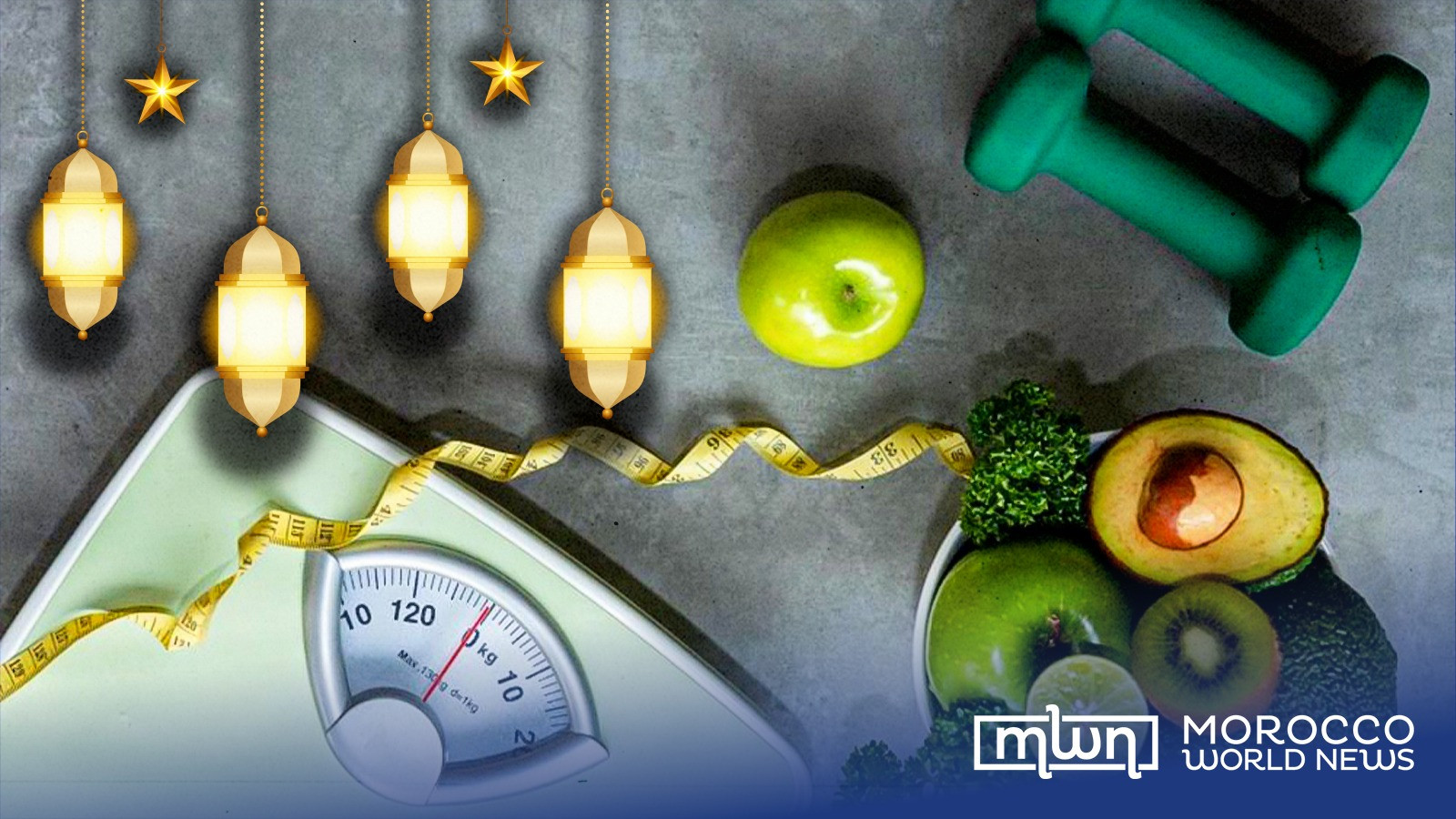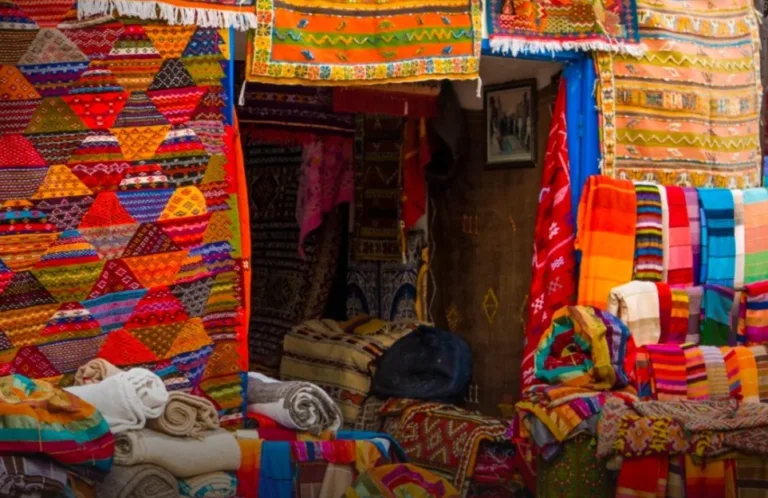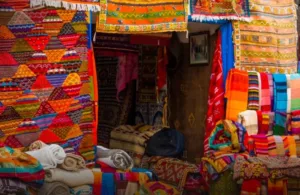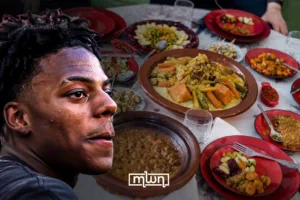Ramadan is the ninth month of the Islamic calendar and the most special time of the year for Muslims around the globe. It is a time when the Islamic population fasts from sunrise to sunset, strives to grow spiritually, and calls for unity and compassion for others.
Although fasting can be challenging at times, it is often described as a time for physical rejuvenation and self-care. Many scientists state that fasting boosts cognitive performance, reduces inflammation, and decreases the risk of metabolic diseases.
Moroccan food is especially rich when it comes to Ramadan dishes. Its recipes are adored and reproduced all over the world making it one of the most delicious cuisines. The most famous recipes in Ramadan are Harira, Chebakia, and Briwat.
After a long day of fasting, it is crucial to carefully curate your food choices when it comes to Iftar (the first meal to break the fast). Although the common unhealthy habit consists of overeating and consuming greasy unhealthy food. This often leads to gaining an unhealthy amount of weight and sometimes even developing diseases.
Hence why choosing healthy food and maintaining a stable weight is vital to prevent falling into unhealthy routines.

Example of what’s on offer at the Iftar table
Harira soup
Hydrating and nutritious, having soup is a light and filling way to break your fast.
Morocco is widely known for its popular soup, harira, it is a warm healthy soup that is prepared in most Moroccan homes during Ramadan. The recipe predominantly contains tomatoes, chickpeas, herbs, spices, and sometimes meat. Harira is full of electrolytes lost during the day and a healthy soup that you can incorporate into your Iftar meal.
Grill food instead of frying
When foods are fried, they absorb a considerable amount of fat. Hence why these foods get highly saturated in calories which can increase the risk of developing several cardiovascular diseases.
A healthy alternative is grilling your food which not only leads to reduced fat and calories but also conserves the vitamins and moisture stored in your vegetables.
A common way to cook meat and sausages in Moroccan households is through grilling, it is a healthy and very delicious way to consume protein.
Incorporate salads into your Iftar
After a long day of fasting, the body gets hungry for empowering nutrients like fiber, vitamin E, and vitamin C.
Whether you are striving to lose weight or simply want to adopt a healthier relationship with food, salads can be a perfect option to fulfill your needs and wants.
Salads contain fiber, which helps with bowel movement and lowers cholesterol levels, helping you feel full for a longer duration and preventing the urge to consume snacks between iftar and suhoor.
Leafy greens, low in calories and rich in fiber lay the foundation for your salad. Adding vegetables next, with each one offering a different kind of health benefit.
Red vegetables like tomatoes, radishes, and bell peppers reduce the risk of heart disease. Orange veggies like tomatoes and sweet potatoes contain beta-carotene, which boosts the immune system. Broccoli and asparagus help with conserving eye health. You can add nuts and dressings to your salad for extra calories and create a more delicious flavor.
Fruit salads are also a favorite on Morocco’s Iftar table, they are a fresh way to consume healthy sugar and boost your energy levels.
Maintain hydration and get creative with juice
Water is lost throughout the day when fasting whether it be through sweating or breathing so getting adequate hydration at iftar is essential.
Experts recommend drinking between 8 and 12 cups of water between iftar and suhoor in spaced amounts.
Consuming spicy and salty foods tend to increase the body’s need for water hence why eating such foods at Suhoor is not advised. Vegetables and fruits like watermelon are known to be a rich source of liquids.
Quick, easy, and nutritious, the avocado milkshake is a well-known comforting drink in Moroccan households, the recipe consists of milk, avocados, dates, and nuts.
Above all, Ramadan is a golden opportunity to practice good deeds, adopt better values and aspire to grow into a better version of yourself.
















